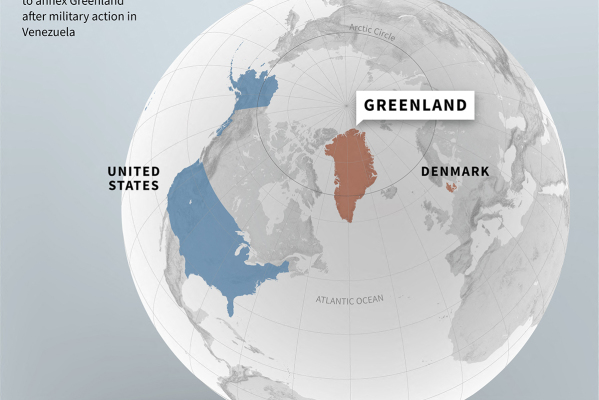Poor Whites Need Jesus and Justice Too
Poor white trash, often shortened to "white trash," debuted in written form in Baltimore in 1833, as black domestic workers distinguished themselves from whites doing similar jobs. Middle-class and elite whites added the phrase to their lexicon as way to stigmatize those who were not living up to the standards of "real whiteness." By the antebellum period, white elites in the Southern states had concluded that white trash inhabitants were degenerate because of some kind of genetic disorder that could not be cured merely by adjusting their circumstances. The era's fascination with social Darwinism pushed this biological explanation of white poverty to the fore: Poor whites were naturally inferior, and they needed strong leadership to curb their uncivilized ways.
Whites in the North held similar views. Wray quotes Quaker-raised public figure Bayard Taylor saying in 1861 that "the white trash of the South represented the most depraved class of whites I have ever seen. Idle, shiftless, filthy in their habits, aggressive, with no regard for others." As America transitioned into the 20th century, the accepted solution to the white trash problem was extinction via eugenics.
The use of eugenics—a program to improve the genetic fitness of society by controlling who can procreate—is commonly associated with Nazi Germany, or Margaret Sanger's justification for opening abortion centers in Harlem, N.Y. But most Americans are unaware that both of these programs were modeled after an effort in the United States to outlaw reproduction of lower-class whites. From 1906 to 1927, more than 8,000 white women were forcibly sterilized, a practice protected by state law so that poor whites would not continue to populate regions in the Midwest, the Ohio River Valley, the South, and Appalachia. Eugenics supporters traveled across the country chronicling the lives of poor whites to make the case that they should not procreate with each other, their relatives, or other minorities like blacks or Native Americans.
Their program of forced sterilization was enshrined in law in a landmark 1927 Supreme Court Case, Buck v. Bell. Carrie Buck protested her involuntary 1924 commitment to the Virginia Colony for Epileptics and Feeble-Minded. After giving birth out of wedlock, Buck was declared "feeble-minded," as were many other poor whites at the time. She was institutionalized and slated for involuntary sterilization. Buck objected, lost the case, and was sterilized. In an eight-to-one majority, Oliver Wendell Holmes Jr. opined, "It is better for all the world, if instead of waiting to execute degenerate offspring for crime, or to let them starve for their imbecility, society can prevent those who are manifestly unfit from continuing their kind. The principle that sustains compulsory vaccination is broad enough to cover cutting the Fallopian tubes.
Three generations of imbeciles are enough." By 1923, the American Eugenics Society had recruited prominent clergy in advisory roles, such as Massachusetts Episcopal Bishop William Lawrence and New York's Harry Fosdick, along with J.W. Eliot, head of social service work of the Northern Baptists, and leading Quakers like Rufus Jones.
The long tradition of racism in this country includes white on white contempt. Elite Christians have in every period been complicit in this rancor. Does the line of elite visceral tension running through American history lead all the way up to evangelicalism's neglect of lower-class whites in 21st century America? Today it seems that "the least of these" includes more than 19 million poor whites who are just the wrong color for gospel ministry and mission. As educated evangelicals turn a blind eye to 41 percent of the nation's poor, are they more driven by a white messianic narrative than by an indiscriminate love for neighbor?
This column was originally published in World Magazine.





















